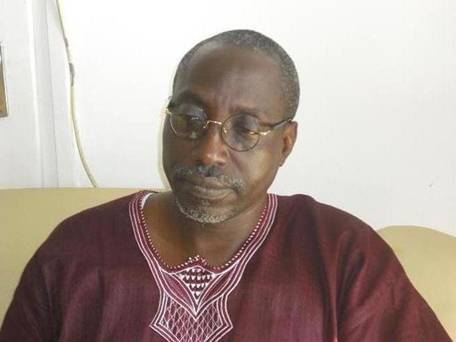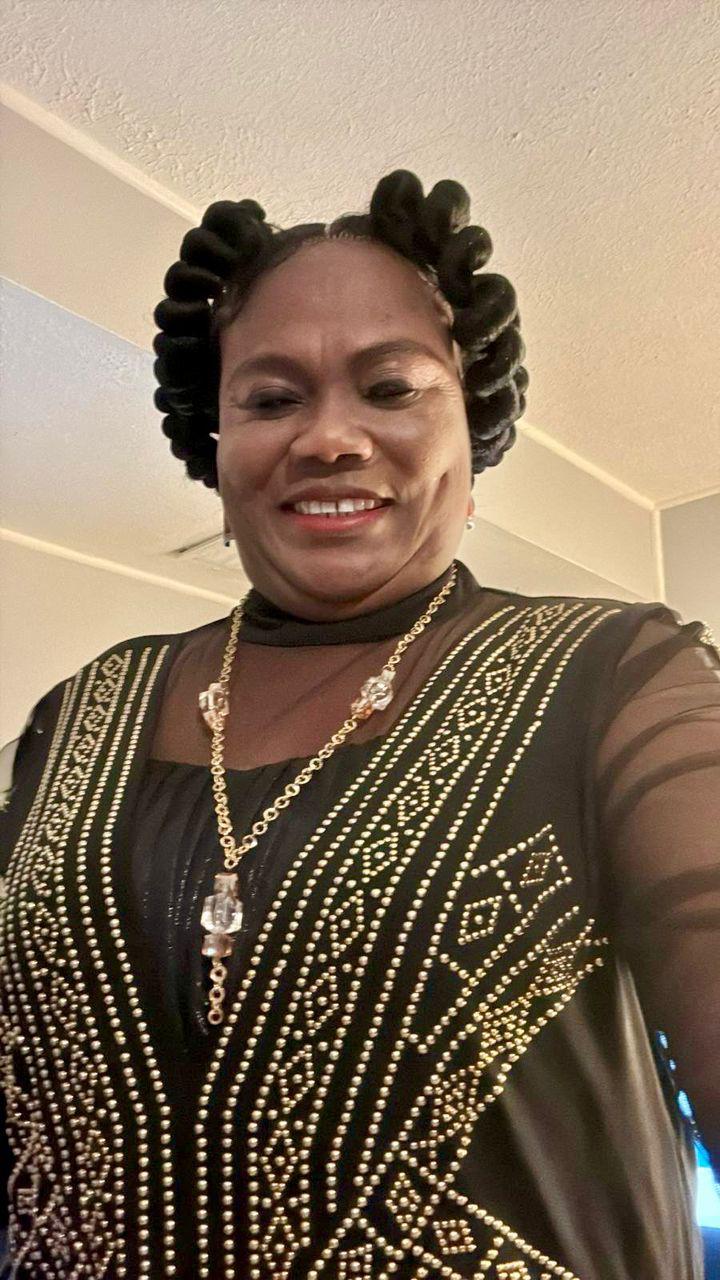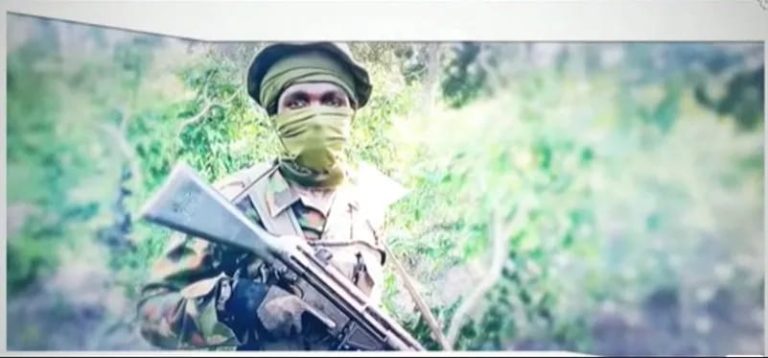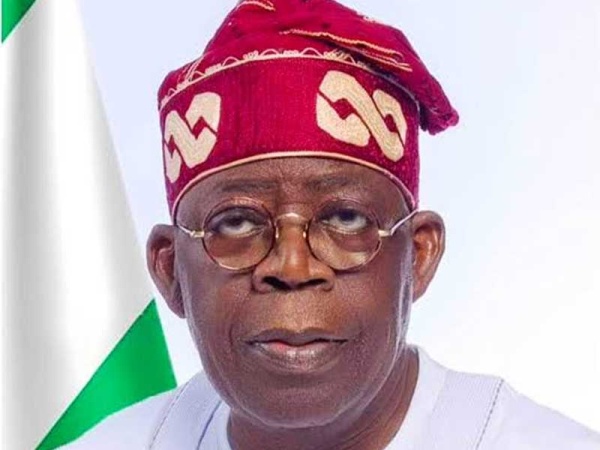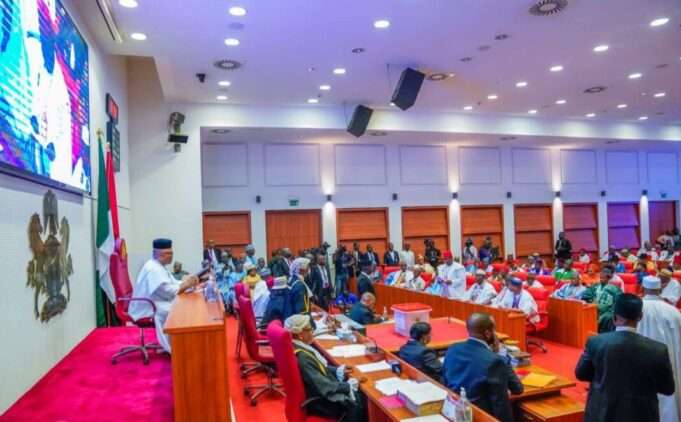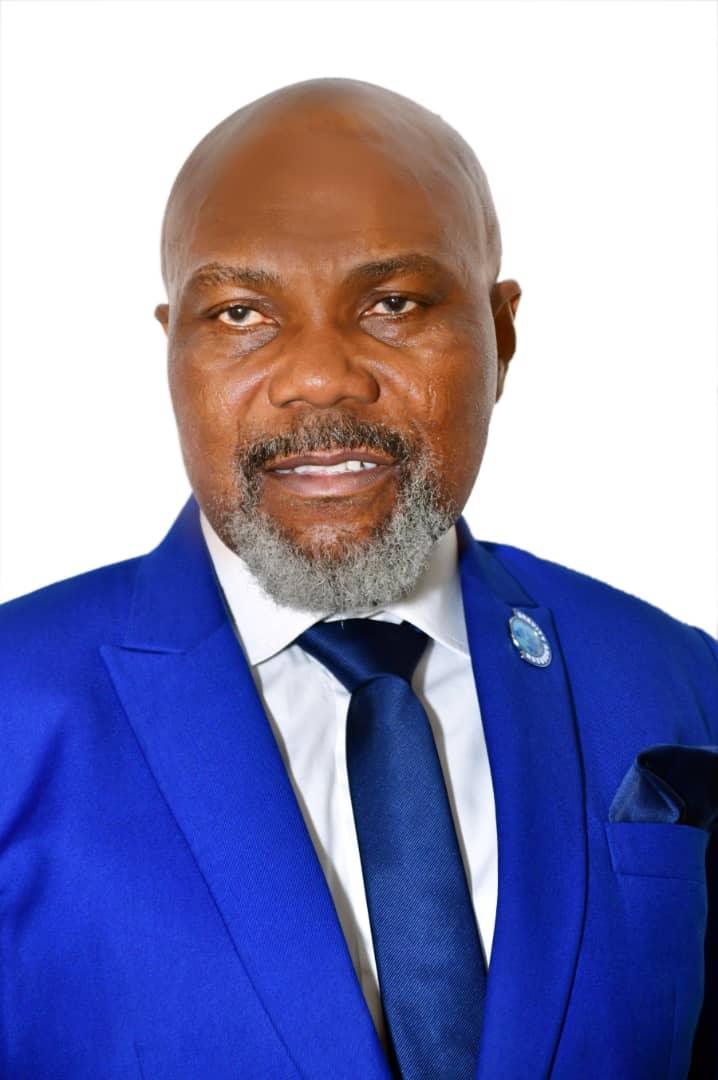
WHEN THE MIC BECOMES A MIRROR: ARE ON-AIR PERSONALITIES JOURNALISTS?
By KUNLE ODUSOLA-STEVENSON

GREATRIBUNTVNEWS–IN today’s fast-evolving media environment, one question continues to echo across newsrooms, studios, and the public space: Are On-Air Personalities (OAPs) journalists?
THIS POST IS SPONSORED BY SHELL NIGERIA
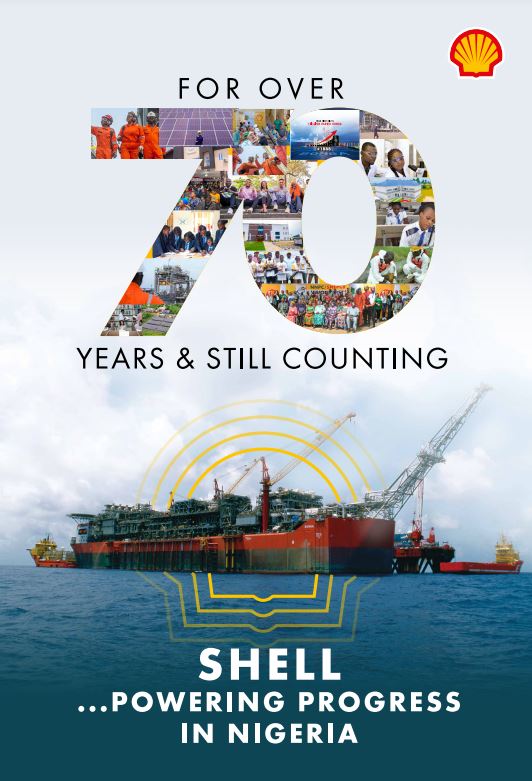
It’s a valid and timely inquiry, particularly in Nigeria and across Africa, where radio and television remain some of the most trusted sources of information. As the boundaries between news, commentary, and entertainment blur, many OAPs have taken on roles far beyond music and banter. Some now investigate, analyze, and inform with the kind of depth that places them squarely within the field of journalism.
The truth is, journalism is no longer defined by what you are called, but by what you do.
Journalism by Function, Not Title
Traditionally, journalism has been tethered to formal education—degrees in mass communication, media studies, or journalism offered structure, ethics, and technical grounding. These foundations still matter. But in today’s media landscape, what matters more is how that knowledge is applied.
Whether or not an OAP holds a journalism degree, if they conduct research, interrogate facts, hold public officials accountable, and report with fairness and clarity, they are performing the work of a journalist.
Rufai Oseni, co-host of The Morning Show on ARISE News, exemplifies this evolution. Though often described as a media personality, Rufai’s daily performance is unmistakably journalistic. He doesn’t merely host conversations—he challenges assumptions, demands transparency, and informs the public with precision.
His approach reflects the discipline of someone who understands not only how to ask questions, but why they matter. Whether acquired in the classroom or through years of serious engagement, that journalistic rigor is evident.
Investigative Courage Behind the Mic
Journalism also demands courage—the kind that digs beneath the surface to expose what those in power would rather conceal.
Fisayo Soyombo, who began in radio before transitioning into investigative reporting, is a leading example. His undercover reports on Nigeria’s police and prison systems not only sparked public debate but demonstrated how broadcast-trained professionals can evolve into truth-tellers with national impact.
These figures remind us that while microphones were once used to entertain, today they often serve as tools of civic duty. Journalism is now carried out in studios as much as it is in the field.
Ethics: The Journalist’s North Star
What ultimately distinguishes a journalist from a mere presenter is adherence to ethics: truth, fairness, accuracy, and accountability—principles that are often first encountered in formal media education but must be lived and practiced beyond the lecture halls.
Kadaria Ahmed, a respected broadcaster and media entrepreneur, exemplifies this through her incisive interviews and unbiased moderation of political debates. Her commitment to fairness and public interest reaffirms that journalism is about integrity, not just airtime.
Similarly, Larry Madowo’s transition from Kenya’s local radio to global outlets like BBC and CNN proves that the skillset and principles developed in broadcast—whether learned on the job or in formal training—can mature into world-class journalism when guided by purpose.
Not Every Mic Deserves the Name
Of course, not every OAP qualifies as a journalist. Many remain entertainers or commentators, often prioritizing ratings over facts. When gossip replaces facts, or when opinions are peddled as truths without verification, such personalities, no matter their influence, do not fit into the journalistic fold.
The role of a journalist is not to excite—it is to inform, investigate, and inspire action through truth.
Conclusion: The Work Speaks Louder Than the Title
We must move beyond rigid professional labels. Journalism, in its truest form, is measured by function—not fashion. Whether one enters through the classroom or the studio, what counts is the consistent application of truth, ethics, and public purpose.
As Nigeria’s media space continues to evolve, the microphone must become more than a tool for expression; it must become a mirror—reflecting not just society, but truth itself. And those who hold it must ask: Am I simply speaking—or am I serving?
Kunle Odusola-Stevenson is a Public Relations and communications strategist, with a deep interest in journalism, governance, and the intersection of media and development.

